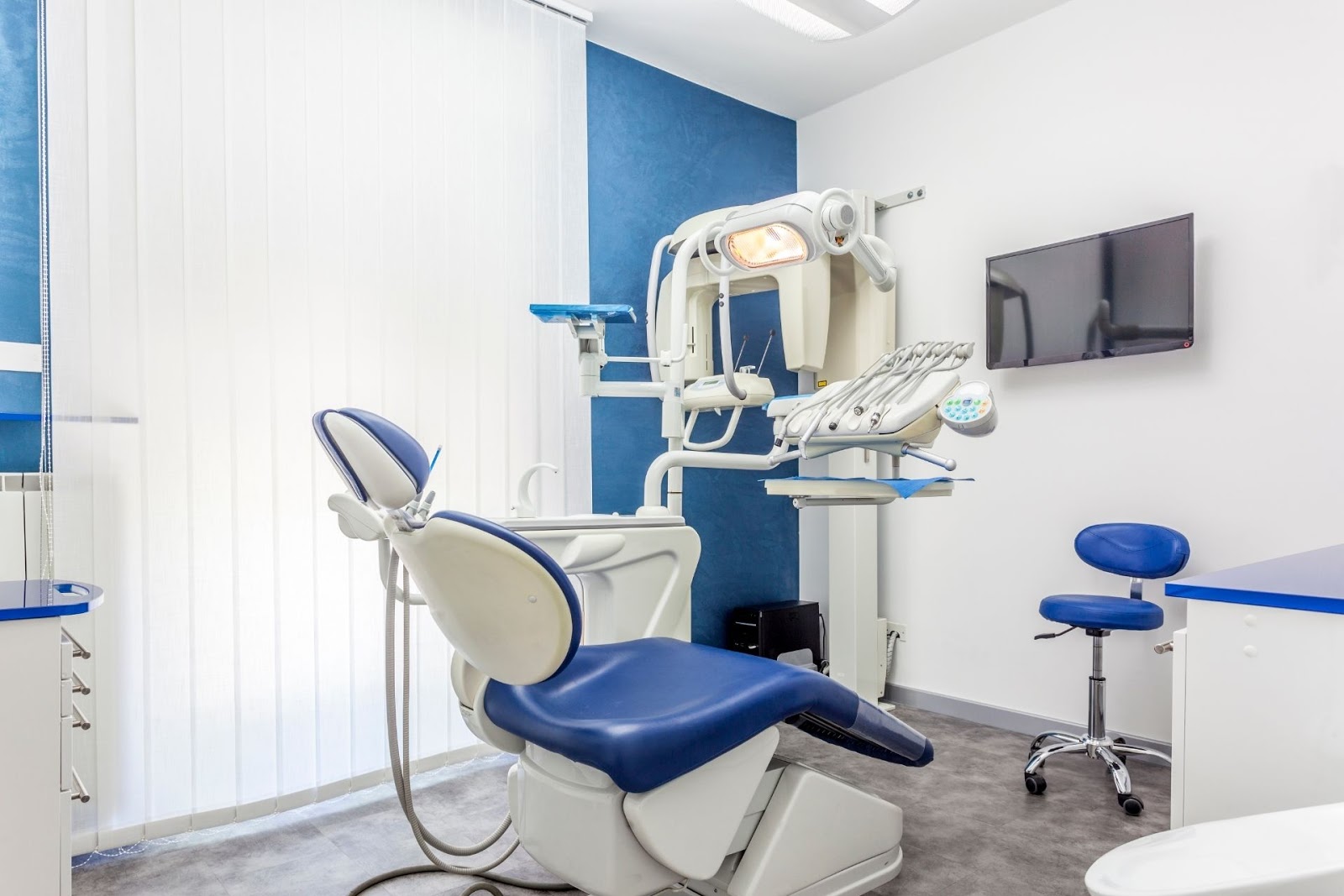When dealing with tooth sensitivity, simple actions such as brushing your teeth or eating can cause great pain. Tooth sensitivity can be caused by a number of problems, such as worn tooth enamel or a receding gum line. Other factors including cavities, a cracked tooth, or gingivitis can also cause tooth sensitivity. To address this discomfort, you should seek out help from a dental provider. The best dentist in Pittsburgh is here to help you determine what could be causing your tooth sensitivity while also offering tips for alleviating it.
Common Causes of Tooth Sensitivity
Learn the common causes behind tooth sensitivity from the Best Dentist in Pittsburgh

According to the best dentist in Pittsburgh, tooth sensitivity can occur to anyone. There are no specific groups that are particularly vulnerable to experiencing it. This uncomfortable dental condition typically occurs when the enamel of your teeth wears down or your gum line starts to recede and expose dentin. Dentin hypersensitivity can occur as a result.
Other common factors that result in tooth sensitivity include:
- Brushing your teeth too hard or vigorously, which can expose your dentin or cause your gums to recede
- Developing gum disease or gingivitis
- Consuming acidic foods and drinks that can wear down the enamel
- Undergoing dental procedures like a crown replacement or professional cleaning that can cause temporary sensitivity
- Cavity fillings, which can also cause temporary tooth sensitivity in patients
- Cracked teeth, which can become filled with bacteria and become inflamed
- Long-term use of acidic mouthwash that wears down the enamel and damages your dentin
- Teeth grinding or clenching that damages your enamel
- Teeth whitening treatments, which can cause temporary dentin hypersensitivity
In order to learn for sure what is causing your tooth sensitivity, you should schedule an appointment with your dentist.
Quick Tips for Reducing Discomfort and Sensitivity
How to safely and effectively treat tooth sensitivity

Dealing with sensitive teeth is never pleasant. However, there are several simple steps you can take to prevent and reduce it. Following these steps is critical for not only reducing tooth sensitivity, but also ensuring your dental health remains in tip-top shape.
Apply desensitizing toothpaste to help block the pain
Desensitizing toothpaste contains ingredients that block pain signals to the nerve of your tooth. Many people question whether this numbing substance is safe to brush their teeth with. Luckily, over-the-counter desensitizing kinds of toothpaste are typically safe to use. You should use it regularly for at least a month to help relieve your sensitivity. That being said, you should still check out your tooth sensitivity with your dentist to determine if there are any serious, underlying dental problems causing it.
Avoid or limit highly acidic foods and drinks
Acidic foods or drinks like soda and coffee that can wear down down your enamel. To keep your teeth healthy and your enamel safe, you should avoid or limit your intake of these substances. When you do drink these substances, you should use a straw and drink it quickly. Rinsing your mouth with water afterward can help you wash away any lingering acids or sugars.
Use a soft-bristled toothbrush
Brushing your teeth too hard can actually damage them. Try brushing your teeth with your non-dominant hand and with a soft-bristled toothbrush to prevent yourself from wearing down your tooth enamel.
Purchase a mouthguard if you struggle with teeth grinding
Teeth grinding is typically caused by stress and anxiety. Most of the time, it happens in your sleep. Wearing a mouthguard while you sleep can prevent your teeth from damaging each other as a result of the grinding.
Use a fluoridated mouthwash
Some over-the-counter mouthwashes contain harmful acids. Instead of using these, look for mouthwashes that contain fluoride. Fluoride mouthwash is designed to protect your teeth from acids produced by bacterial plaque and strengthen your tooth enamel.
Treatment Options for Tooth Sensitivity
The best dentist in Pittsburgh reviews your treatment options

Depending on the cause behind your tooth sensitivity, you made need to undergo a dental procedure to help alleviate it. For instance, your dentist may need to fix a crown or inlay if they discover it has been making your teeth more sensitive to food and drinks. They might also apply fluoride to the sensitive parts of your teeth and may even prescribe fluoride for you to apply at home. Other treatment options include:
Root Canal
If you are experiencing extreme pain and it hasn’t improved after attempting other treatments, your dentist might have to perform a root canal. During a root canal, your dentist will remove the infected pulp from the root of your tooth.
Surgical Gum Graft
When part of your tooth root loses gum tissue, your dentist can take a small piece of gum tissue from elsewhere in your mouth and attach it to the infected site.
Desensitizing
During a desensitizing procedure, your dentist may apply bonding resin to the surface of exposed root surfaces. Your dentist might use a local anesthetic for this procedure.
Is your semi-annual dental check-up approaching? Don’t forget to schedule an appointment with Dental & Aesthetics of Pittsburgh, the best dentist in Pittsburgh, today.

